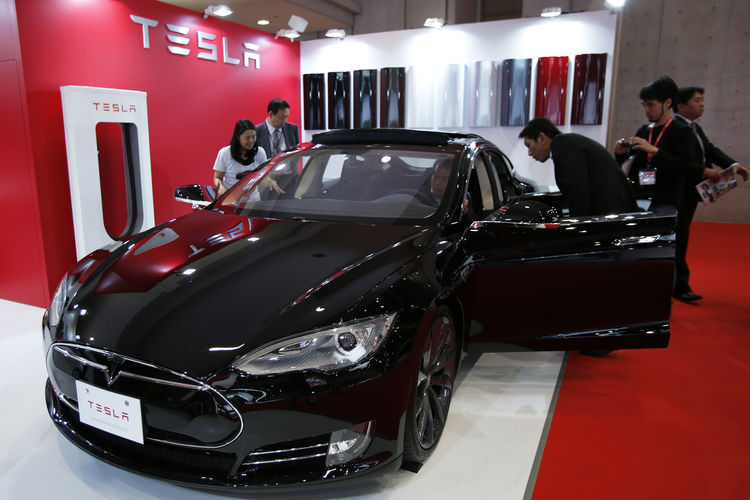Technology
Lack of Public Infrastructure Hinders Electric Vehicle Adoption in Urban Areas, New Study Reveals
Juniper Research’s Report Highlights the Urgent Need for Improved Charging Infrastructure and Business Models to Boost EV Adoption

Juniper Research, a leading authority in the sustainability and IoT market, has shed light on a critical issue hindering the widespread adoption of Electric Vehicles (EVs) in urban environments – the lack of public infrastructure for charging.
As cities across the globe strive to reduce carbon emissions and combat climate change, the report underscores the vital role that an efficient and accessible charging network plays in promoting EV adoption.
The study, titled “EV Charging: Key Opportunities, Regional Analysis & Market Forecasts 2023-2027,” reveals that while the number of EV charging points is projected to grow substantially from 14.2 million in 2023 to 45 million in 2027, there remains a significant disparity between public and home charger adoption.
By 2027, it is anticipated that over twice as many home chargers will be in service compared to public chargers, indicating a major hurdle for those living in apartments and flats who typically lack the option of installing home chargers.
The absence of an easily accessible charging infrastructure in urban areas poses a substantial obstacle to prospective EV owners, dampening enthusiasm for EV adoption. This challenge necessitates innovative solutions and new business models within the EV charging space, as present government initiatives alone are deemed insufficient to accelerate EV adoption.
Nick Maynard, co-author of the report, emphasizes that regulators’ efforts, such as mandating charging points in new buildings, are commendable but inadequate in addressing the broader issue. Collaboration between EV charging networks, city authorities, and other stakeholders is crucial to identify and rectify gaps in the charging infrastructure. Failure to do so may continue to limit the overall environmental benefits of widespread EV adoption.
One of the key findings of the study points to the problem of fragmentation in charging networks, which prevails even in regions with significant EV growth, such as North America. The existence of various charging rates, payment systems, and access requirements complicates the charging experience for consumers, hindering the sector’s expansion. The urgent need for charging network simplification and interoperability is stressed, and the report calls for regulatory intervention to harmonize charging systems.
To bridge the gap between home and public chargers and create a seamless charging experience for EV owners, the report recommends improving shared data on charging point distribution and forging partnerships to expedite infrastructure deployment in strategic areas.